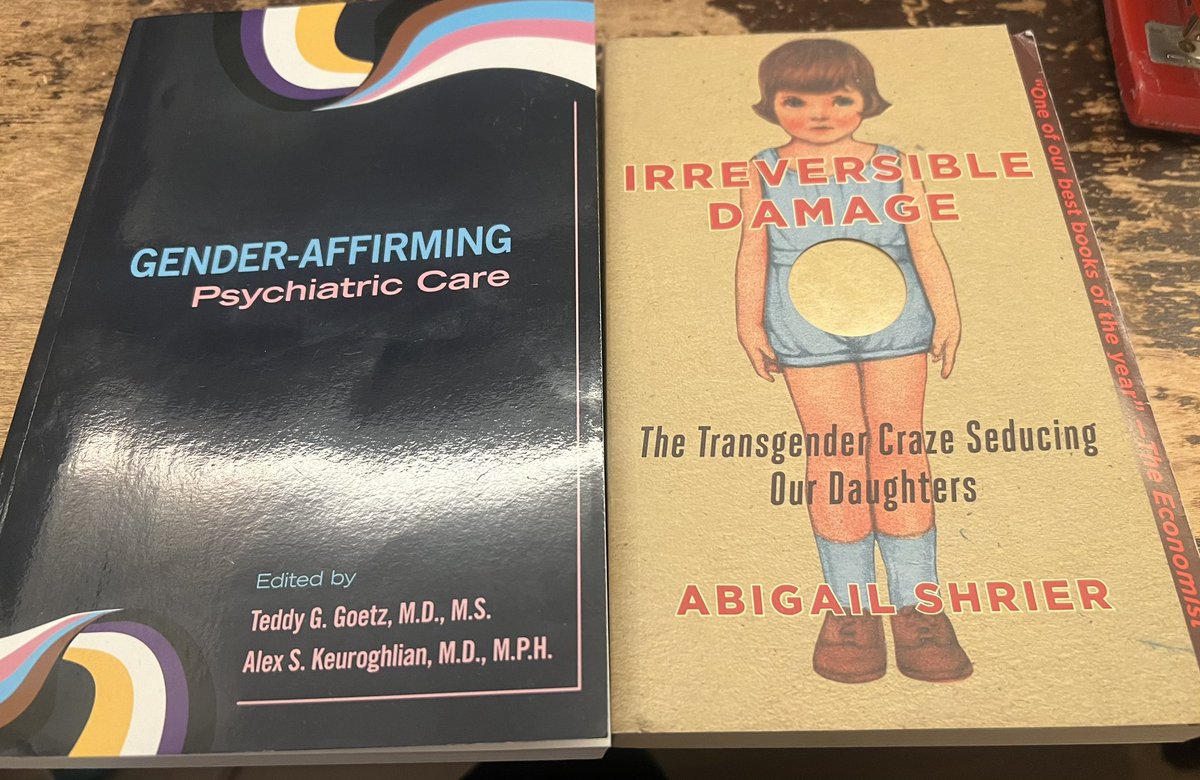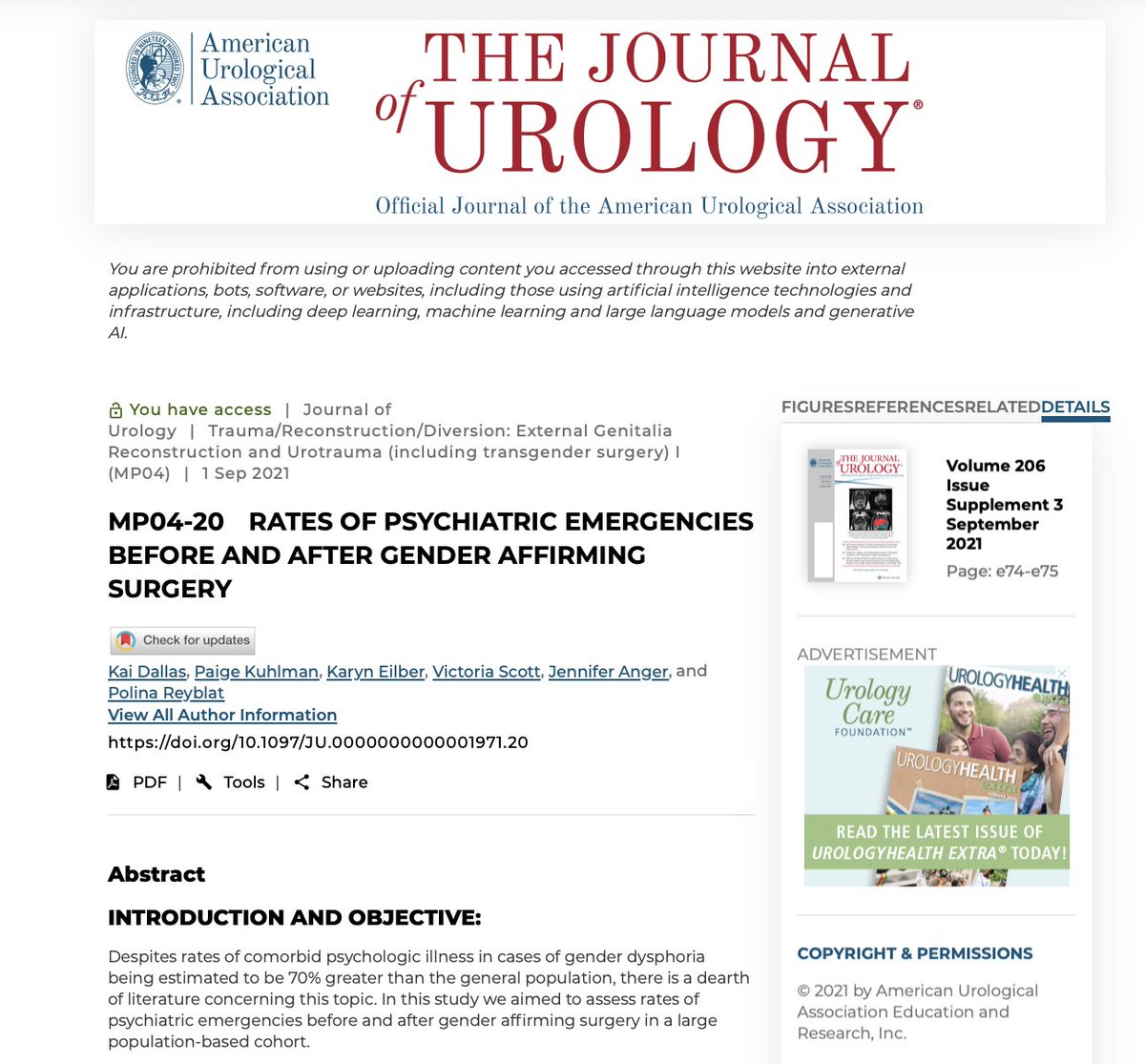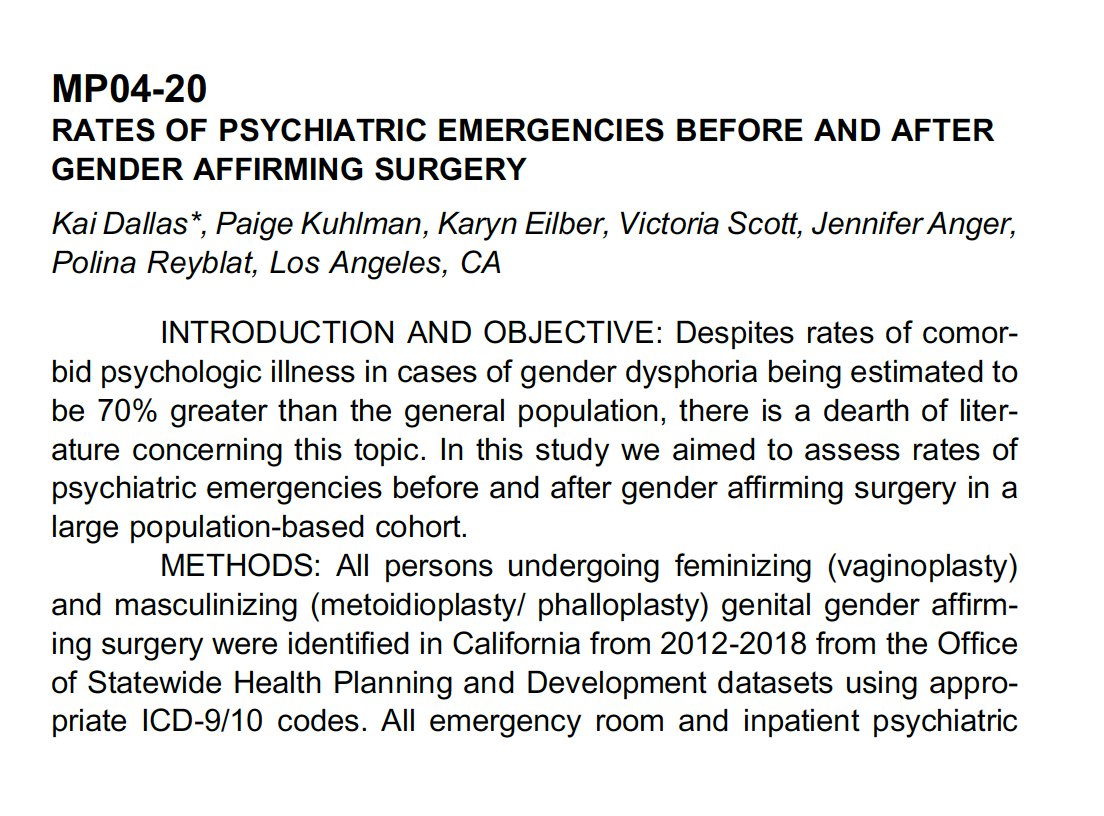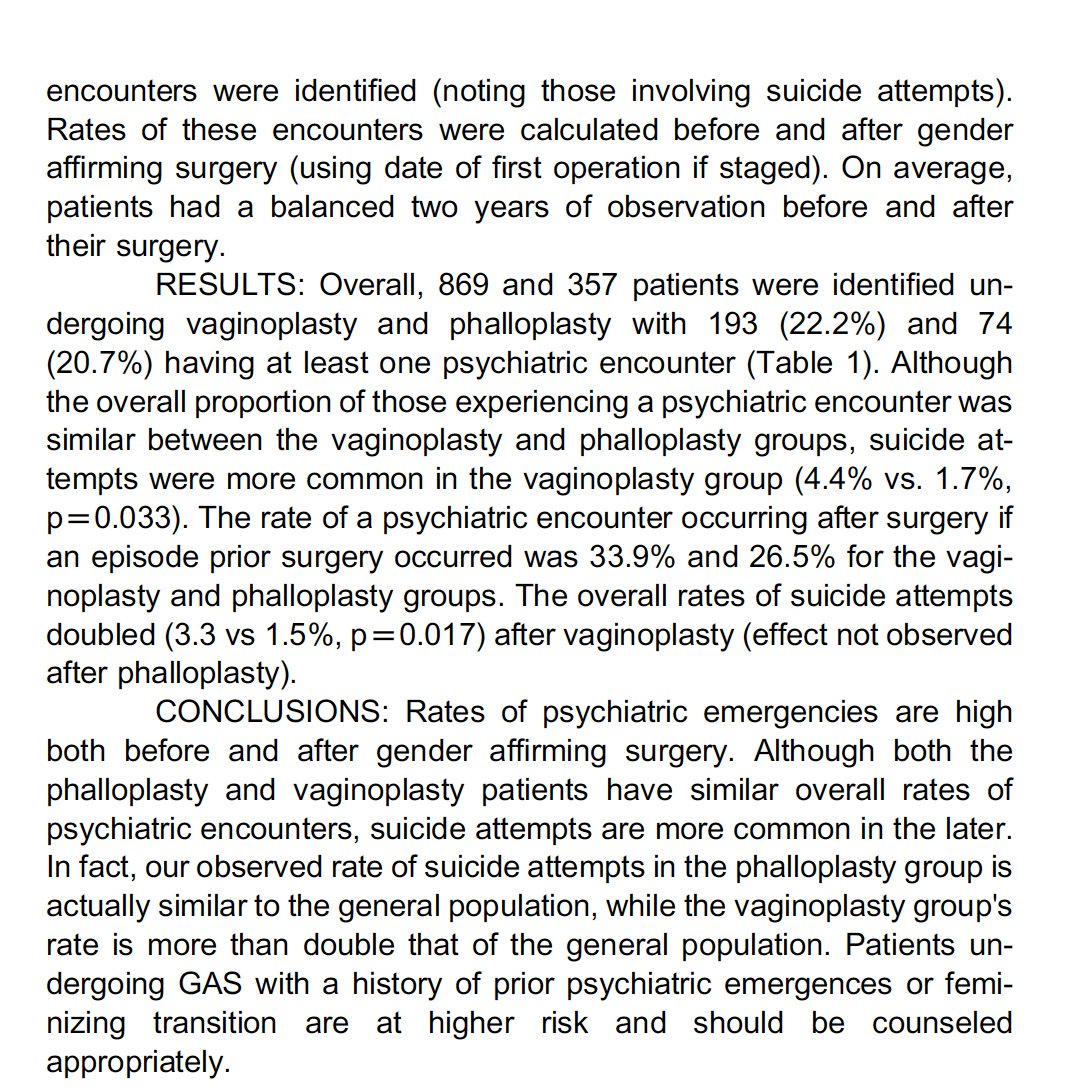views
One of the things that makes it so hard for the public and journalists alike to wrap their heads around the subject of pediatric gender-transition treatment is that understanding it demands a ton of reading. I started reading intensively about it ~16 mos ago. These are my files. 

When I first started reading the literature about pediatric gender-transition treatment, I was constantly confounded, because highly learned people, I found, were publishing papers in which they’d say the exact opposite things from one another with equally forceful conviction.
This is a very tricky space to inhabit as a reporter, because you have to figure out who is not saying what and why. You have to know when someone makes reference to a study what the merits of that paper are.
And you have to notice when someone does not make reference to other papers in their own published work and understand the likely reason for the omission.
You have to hear each “side” accuse the other of heinous offenses and make sense of their reasons. You have to know when you quote someone what people will say to discredit that source and decide whether those claims have merit and whether it is worth facing them.
I forgot to put these two books on my stack: The @APA's new textbook on gender-affirming care; and Abigail Shrier's Irreversible Damage. Two books that are so diametrically opposed to one another, they, I don't know, cancel each other out maybe? 

@APA Also, for those who are taking very literally the tweet above about the APA and Shrier books, if you couldn’t tell, I was being rather facetious. Putting aside the qualifications and intent of the authors, it remains remarkable how these books say the exact opposite things.
• • •
Missing some Tweet in this thread? You can try to
force a refresh
















